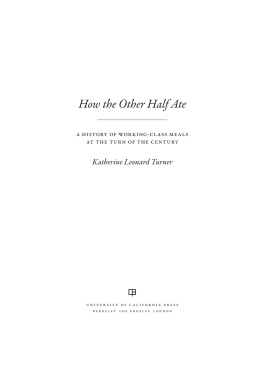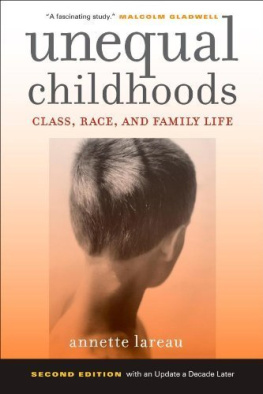S usan P orter B enson was a historian of American labor and gender who received her Ph.D. from Boston University. She taught at Bristol Community College in Fall River, Mass., for almost twenty-five years, at the University of Missouri at Columbia for seven years, and, at the University of Connecticut, Storrs, for the next dozen years, where she served for five years as the director of the Womens Studies Program. She was the author of Counter Cultures: Saleswomen, Managers, and Customers in American Department Stores, 18901940 (University of Illinois Press, 1986), and numerous articles and chapters on gender, family, and work. In addition she was a co-editor (with Steven Brier and Roy Rosenzweig) of Presenting the Past: Essays on History and the Public (Temple University Press, 1986).
Household
Accounts
Working-Class Family Economies
in the Interwar United States
Susan Porter Benson
Afterword by David Montgomery
Cornell University Press
Ithaca & London
To Sues students at the
Universities of Connecticut,
Missouri, and Warwick, and at
Bristol Community College,
19682005
Contents
A Note on Household Accounts and Its Preparation
When Susan Porter Benson died in June 2005, she left her book manuscript 95 percent completed. The gaps included the absence of complete citations to a few secondary sources and the need to check over various parts: to see that a book constructed in a complex way and done over several years, often during an illness, did not repeat points and examples across chapters. It was also necessary to integrate one short section on secondhand goods into the book and to incorporate more transitional material as chapters started and ended. Sue conferred with Jean Allman and David Roediger regarding these matters shortly before her death. It was agreed that Allman and Roediger should bring these small matters to completion, enlisting the expert aid of Nancy Hewitt, Charles McGraw, and Sharon Strom, each of whom took responsibility for revising sections of the manuscript. McGraw also completed the important standardization and checking of the manuscripts footnotes. Ophelia Benson provided expert editorial assistance. Jim OBrien meticulously prepared the index. The watchword in every case was to preserve the spirit and letter of the manuscript rather than to revise extensively. The book appears only under Sues name, as it is in every sense her work. Sues husband adds that this agreement brought joy to Sue, and him, in the last days of her life.
Portions of this book were revised by Sue from previously published material. Chapter 1 expands on Living on the Margins: Working-Class Marriages and Family Survival Strategies in the United States, 19191941, published in The Sex of Things: Essays on Gender and Consumption , edited by Victoria de Grazia (University of California Press, 1996). Chapter 2 recasts Gender, Generation, and Consumption in the United States: Working-Class Families in the Interwar Period, in Getting and Spending: European and American Consumer Societies in the Twentieth Century , edited by Susan Strasser, Charles McGovern, and Matthias Judt (Cambridge University Press, 1998). A small section of Chapter 4 and the material under the subheading At Second Hand in Chapter 5 appeared as What Goes Round Comes Round: Second-Hand Clothing, Furniture, and Tools in Working-Class Lives in the Interwar USA, in the Journal of Womens History 19, 1 (Johns Hopkins University Press, 2007).
On the last day that Sue felt strong enough to discuss the manuscript and strategies for completing it, her main concern was whether or not to use the real names of the working-class women and men who are at the very center of this book, those who were interviewed, observed, and documented by U.S. Labor Department Womens Bureau agents in the 1920s and 1930s. Though nearly seventy-five years have passed and though the documents are in the public realm, Sue worried that the subjects of investigation had not given their permission, nor had their descendents, to be named in an academic history book decades later. In so many ways, Sues concerns were absolutely typical of how she approached the pasts of working-class peoplewith the deepest respect, the most sensitive of care, and with profound empathy. Sadly, we did not reach a decision on that day and, in the end, were not sure how Sue would have chosen to handle the issues of naming and anonymity. Ultimately, we chose to leave the names as they appear in the Womens Bureau Papers and in the chapters Sue wrote. Readers should know that responsibility for that decision lies with us and not with Sue.
Jean Allman
David Roediger
Urbana, Illinois
Acknowledgments
The following acknowledgments, regrettably incomplete, were assembled from the authors notes .
Thanks go to the National Archives staff, where Willian Creevey was especially helpful, to the Social Welfare History Archives staff and University of Minnesota, particularly to David Klaasen, Linnea Anderson, and Mark Hammons, as well as to the staff at the Sophia Smith Collection in the Archives of Smith College.
Financial support for this study came from the Weldon Spring Foundation at the University of Missouri, the University of Missouri Research Council, the University of Connecticut Research Foundation, and two fellowships from the National Endowment for the Humanities, including one held in residence at the National Humanities Center.
Comments from respondents to conference papers improved the final version of the book. Daniel Walkowitz, Jean-Christophe Agnew, Walter Licht, Philip Scranton, and the audience at the Hagley Research Seminar, Muriel Nazzari at the 1996 Berkshire Conference, and Victoria de Grazia and Susan Strasser at the North Carolina Feminist Historians Group gave valuable advice.
Feedback from panel members and audiences at the Conference on Consumption in the Twentieth Century, sponsored by the German Historical Institute and the Smithsonian Institution in 1995, Les circulations des objets doccasion, Istituto Universitario Europeo in Firenze in 2002, the Conference on Consumerism, Domesticity, and Middle-Class Identity, sponsored by IREX and the Hungarian Academy of Sciences in 1993, and at meetings of the American Studies Association, the Organization of American Historians, and the American Historical Association sharpened the books arguments, as did responses by those attending talks at Western Connecticut State University, George Mason University, Tunxis Community College, University of North Carolina, University of Chicago, University of Washington, and University of Iowa.
The expertise and friendship of health care professionals, including Pamela Moore, James Watson, Herbert Ridyard, Leszek Kolodziejczak, Grant Golub, Stacy Nerenstone, Albert Puzzo, and Jeffrey Cohen made possible the completion of research.
At the University of Missouri the collegiality and criticism offered by colleagues and students including Tammy Proctor, Grace Lee, Randy McBee, Julie Willett, Steve McIntyre, Beth Ruffin McIntyre, Tani Barlow, and Sundiata Keita Cha-Jua mattered greatly.
In North Carolina Temma Kaplan, Elizabeth Kirk, Kate Bartlett, Marianne Hirsch, Katherine OBrien OKeeffe, Craig Monson, Ed Muir, Jing Wang, Sue Levine, Judith Bennett, Cynthia Herrup, Barbara Harris, and Nancy Hewitt provided stimulation and support.
At the University of Connecticut Shirley Roe, Altina Waller, Nina Dayton, Karen Spalding, Blanca Silvestrini, Francoise Dussart, Richard Brown, Bruce Stave, Ronald Coons, Jennifer Baszile, Frank Costigliola, Myra Marx Ferree, Diana Meyers, Marita McComiskey, Bridget Geraghty, Catherine Jacquet, Bandana Purkayastha, Angela Rola, Sheila Kucko, and Nancy Shoemaker deserve special thanks. So too does a remarkable group of graduate students there, including Rosa Carrasquillo, Joyce Hanson, Charles McGraw, Margaret Robinson, Philip Samponaro, Melissa Ladd Teed, Teresa Vergara, Sherry Zane, Leslie Frank, Jackie McNeil, Catherine Page, Sherry Obey, Richard Moss, Lindsay Hunter, Sally Milius, Elizabeth Watts, Mary Pat Mahnensmith, Amy Albert, Sandra Enos, Signe Friedrichs, Jen Heckard, and LuAnn Saunders-Kanabay.

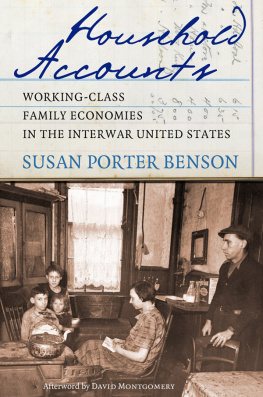

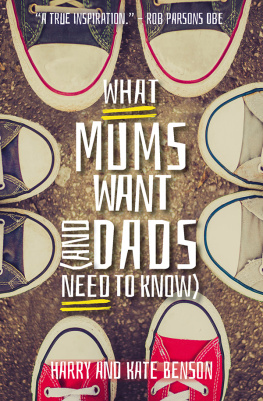
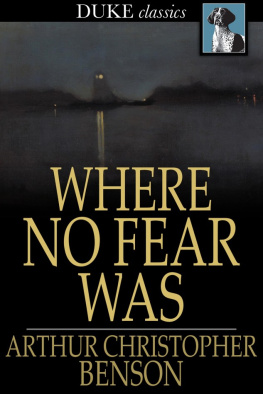
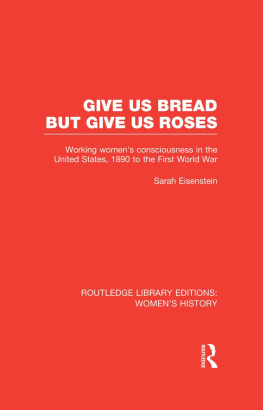
![Robert Hugh Benson [Benson - Robert Hugh Benson Collection [11 Books]](/uploads/posts/book/139831/thumbs/robert-hugh-benson-benson-robert-hugh-benson.jpg)

